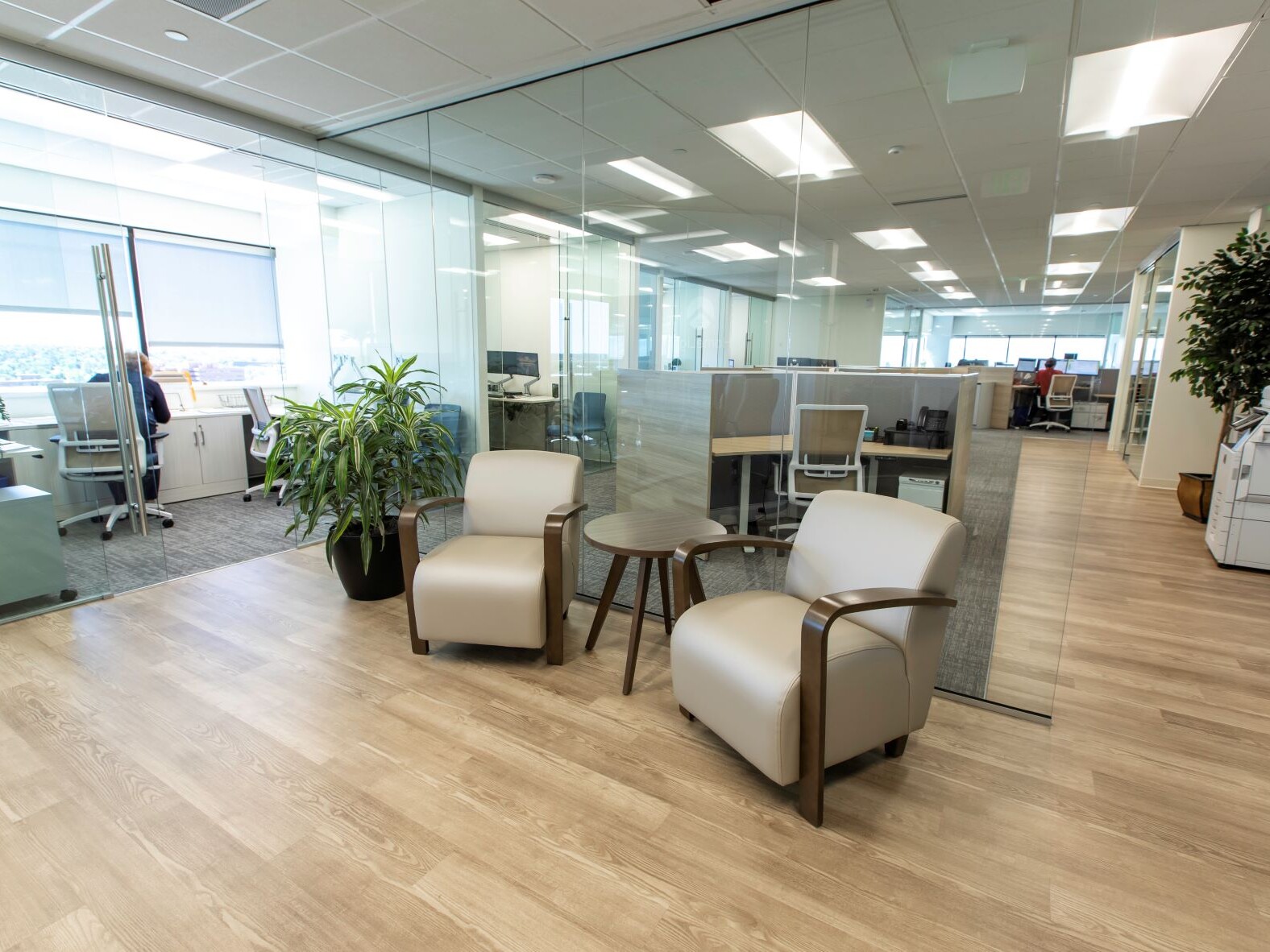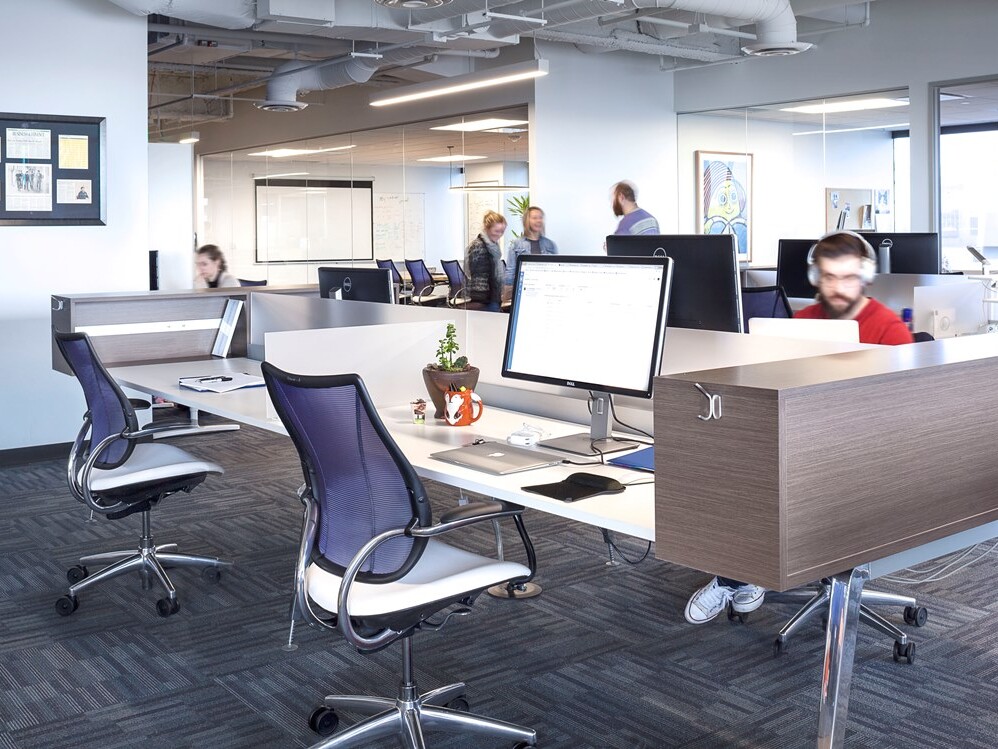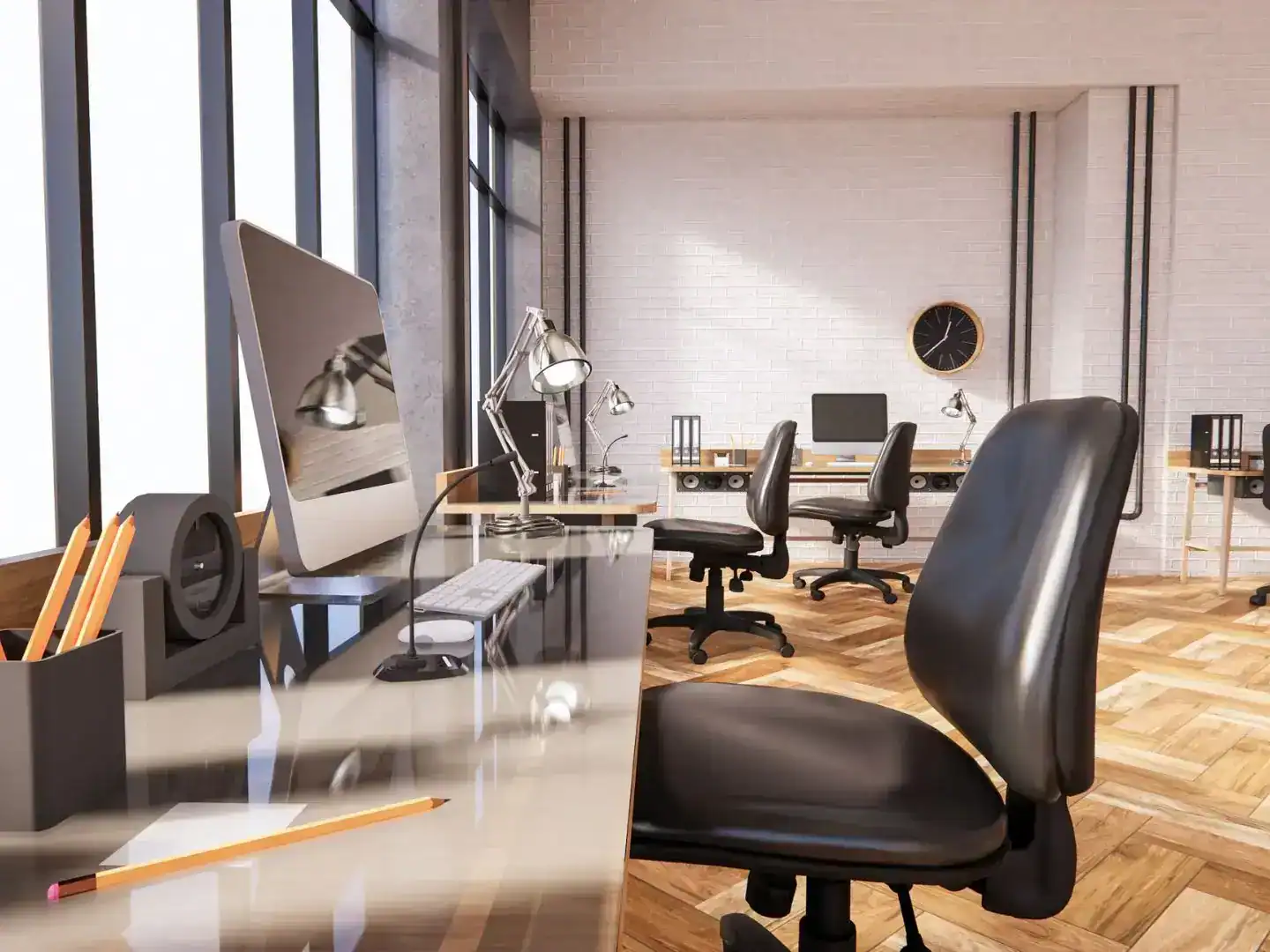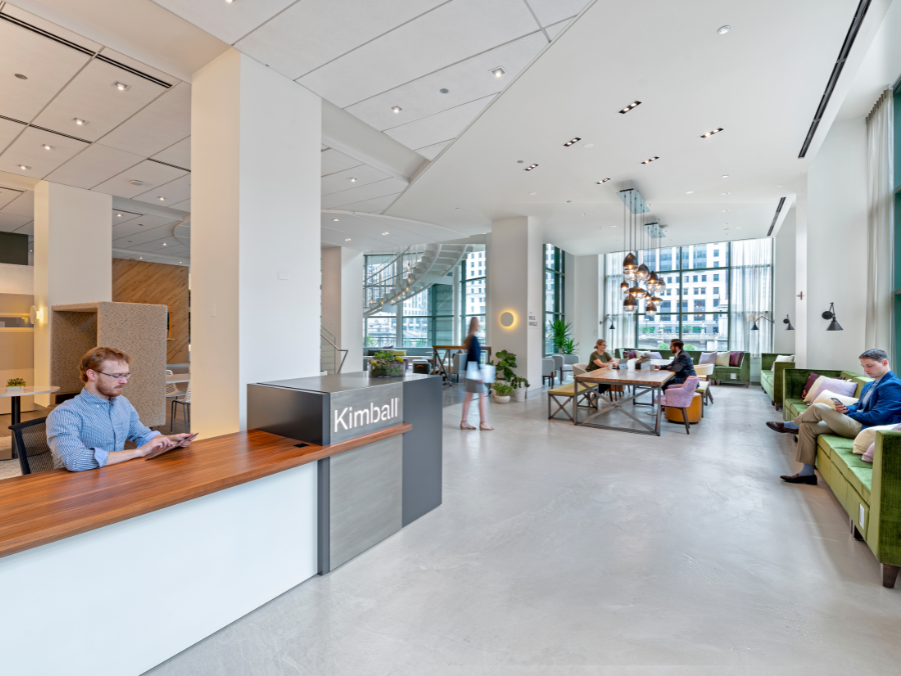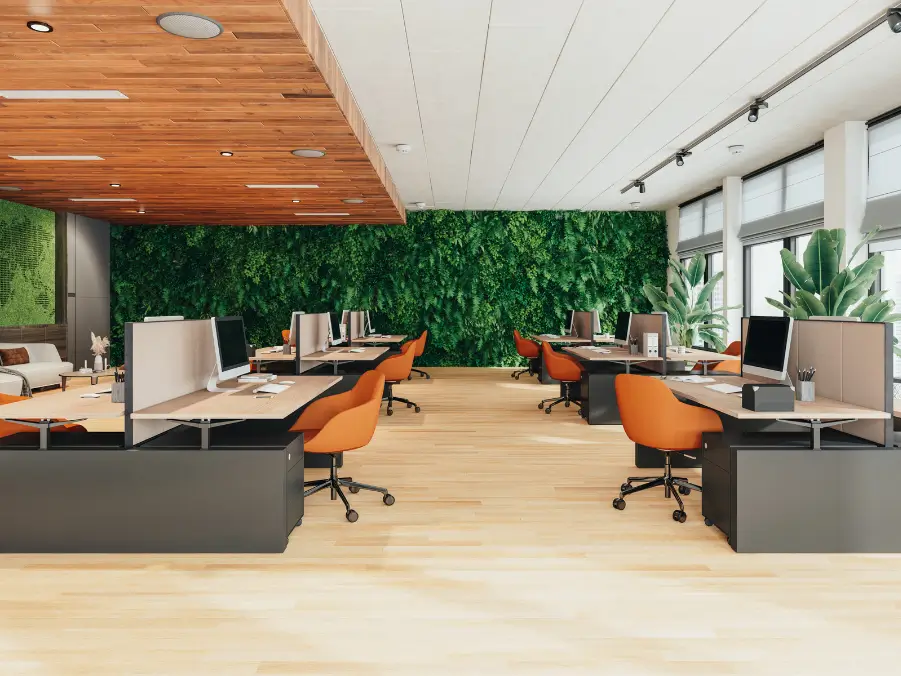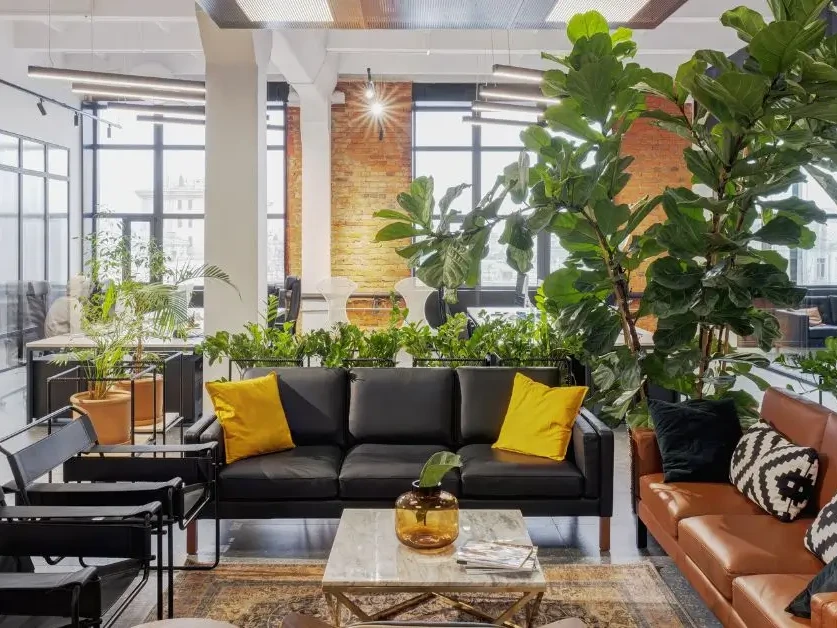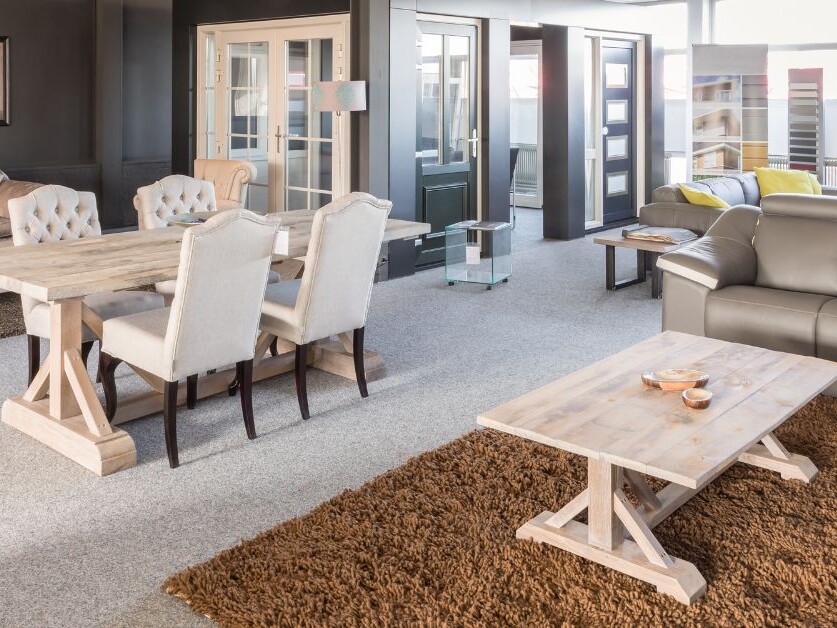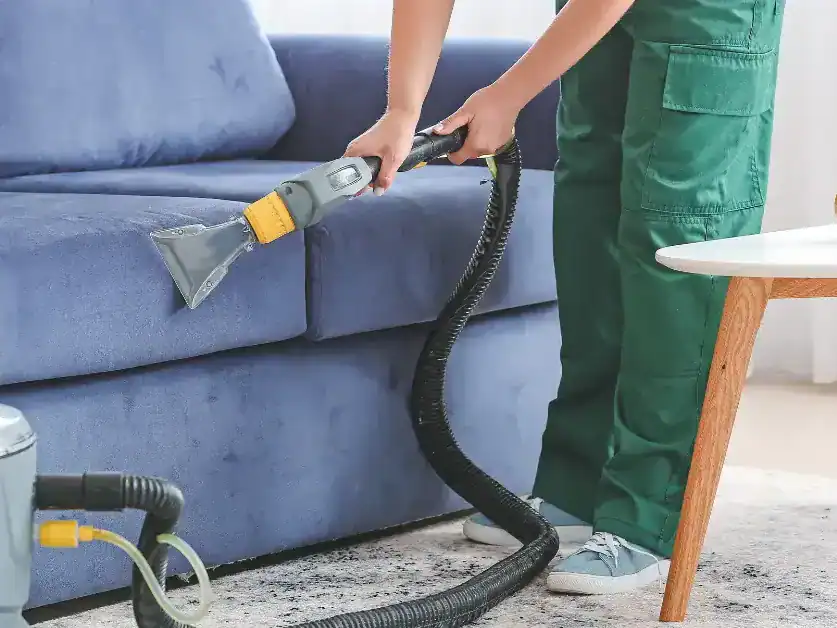We know our ancestors had vastly different needs than we do in today’s modern world. Humankind living during a paleolithic era would have required durable tools, collapsible shelters, warm clothing, and sustenance. In many of today’s developed societies, people survive and thrive under a much different set of social, economic, and legal rules. Needs continue to grow and shift with our forward progress, giving designers the opportunity to continuously create and recreate spaces, products, and practices that foster and support human needs.
Currently, workplace design is adjusting to bolster human needs in a pandemic environment. Needs from just one year ago have changed significantly; safety, health, and wellbeing are now top priorities to keep a business’s doors open. Here are a few ways that office interior designers are addressing human needs within work environments.
Functionality & Reliability
At the foundational level of design is the effectiveness of a particular item. A desk that doesn’t provide space for working, writing notes, or placing materials is not helpful, even if it is aesthetically pleasing. Designers first consider the intended use of the piece and how it will cater to the basic need of its user.
By utilizing state of the art technology, durable materials, and visually appealing colors, shapes, and fabrics, interior office designers are creating pieces that meld function with form. To allow users of ergonomic office furniture to perform at their very best, ergonomically designed chairs, tables, and standing desks that support the human body while encouraging productivity and efficiency are key.
Connection & Relationship
Humans are relational beings and have survived by banding together and forming strong bonds, both in family and friendship structures. Finding connection at work is equally important and can boost an entire office’s morale. Engaging with coworkers builds trust and fosters a team mentality that facilitates high productivity and a positive work environment.
With this in mind, office interior designers have produced ergonomic office furniture pieces that foster collaboration and communication for social and work activities. Now, amidst COVID-19 distancing requirements, designers are using sturdy fabrics that can stand up to routine cleanings for lounge areas, kitchen chairs, and conference room seating. They are also including mobile partitions, personalized workstations, and modular offices that allow for individuals to remain in their own space while interfacing with others from a distance.
Introspection & Reflection
Each day, we are bombarded with more information than a human a few centuries ago would have encountered in an entire lifetime. Some think evolution hasn’t had the chance to catch up, so we end each day stressed, overworked, and tired. Therefore, providing a space in the office for employees to relax and recharge benefits their overall health and wellbeing.
As we return to our respective workplaces, there’s no doubt that new rules and continuous updates on the pandemic can lead to stress and angst. Humans need to feel secure, safe, and stable, and designers are continuing to offer spaces to honor that.
In an effort to keep up with evolving human needs, office interior designers are focused on creating functional, malleable spaces that mirror the dynamic nature of the world. Environments Denver has highly skilled interior designers to help business owners implement ergonomic office furniture and products that align with their company and staff needs. Contact us today to learn more.
